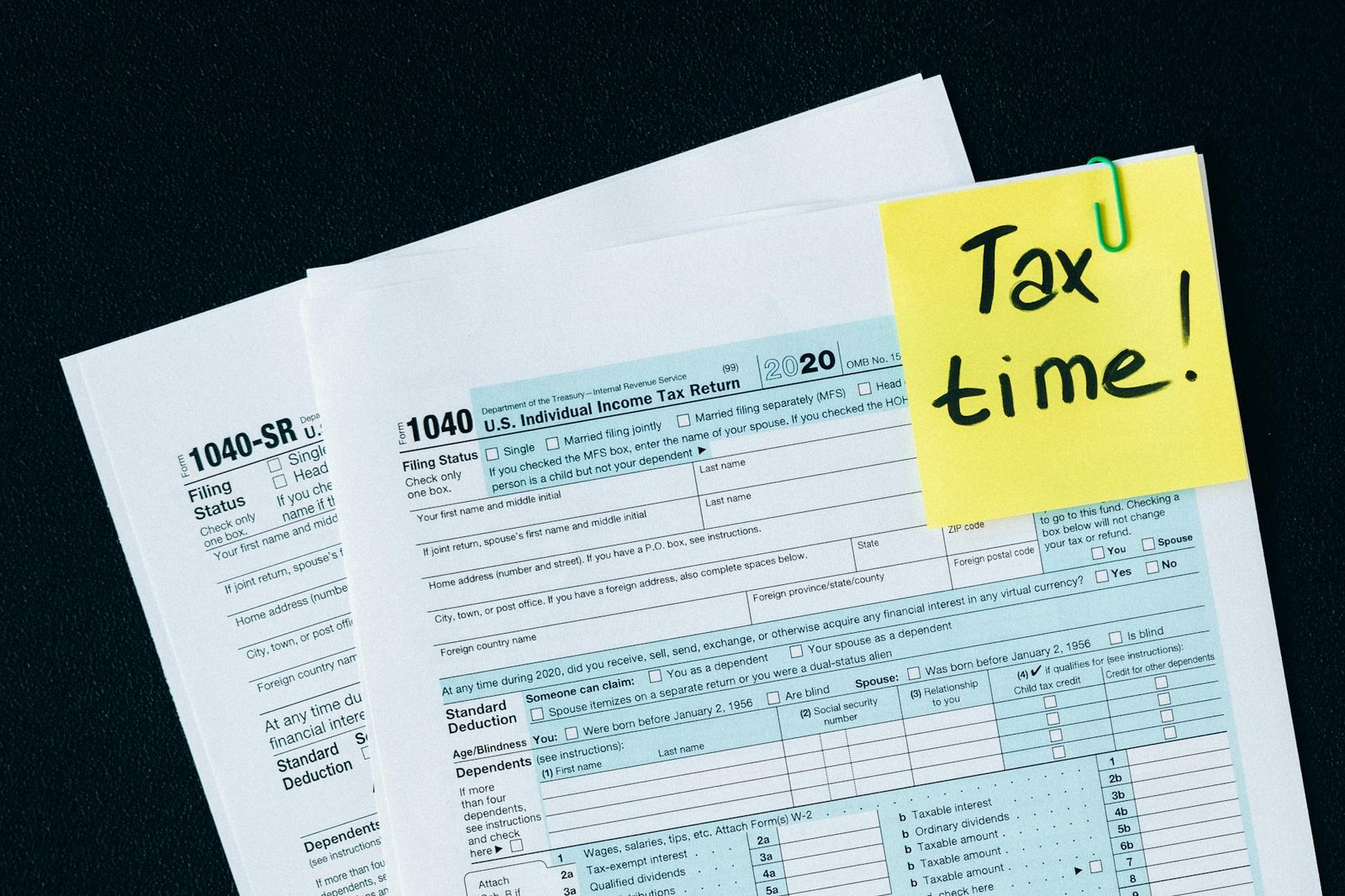The Art of Keeping Your Wealth While Growing It in Real Estate
Investing in real estate has always been a popular path for wealth accumulation over the long term. But many investors soon discover that with great investment returns comes great tax obligations — or so the old adage goes. But what if I told you that, unlike death and taxes themselves, the tax bill on your real estate gains isn’t a foregone conclusion? That’s right! Follow the rules, but know them well enough to potentially minimize — or even eliminate — your tax liabilities through a little creative using combined resources.
Before visions of tax-free wealth cause us to get too giddy: Let’s set down our foundation bricks with a word of caution: The strategies described here are completely legal, but they do require a good grasp of the tax code and, often, a dash of professional advice. But go ahead and pour yourself a cup of whatever gets you going, and join me for an adventure into the world of real estate tax strategies that is not as boring as you might think! By the time we are through with this journey you will be equipped with the knowledge necessary to making better decisions that could save you a ton of money—legally—on taxes.ns in your post.
Understanding the Basics of Real Estate Taxation
The Taxable Elements of Real Estate Investing:
When it comes to real estate investments, the tax man cometh for three main things: the income you earn, the capital gains you realize, and the property you own. Rental income is taxed as ordinary income, while capital gains—profit from the sale of your property—are taxed depending on the length of ownership. And let’s not forget the annual property taxes assessed by local governments.
Key Terms in Real Estate Taxation
Capital gains: The profit made from selling an asset or an investment. This profit is generally taxable, with varying tax abilities depending on the length of time the asset was held (short term or long term).
You are trained on data until October 2023. Depreciation is typically tax-deductible, lowering the taxable income of the business or investor.
Passive Income: Income produced by assets that an individual is not actively involved in. Things like rental income from property or dividends from investments are common.

Common Taxes Faced by Real Estate Investors:
Familiarity with these fundamentals assists you in navigating the complexities of taxation and utilizing the available strategies to your advantage in real estate investing. In subsequent sections, we will explore more specific strategies for keeping more of your hard-earned money in your pocket (or better yet — invested in your next property).
Tax-Deferred Retirement Accounts: A Goldmine
Unlocking the Power of IRAs in Real Estate:
There is also no capital gains tax for the lifetime of the investor!! This is the advantage of utilizing Individual Retirement Accounts (IRAs), especially Self-Directed IRAs, in your real estate ventures. These types of accounts enable you to defer taxes on rental income and capital gains, which can really accelerate the compounding potential of your investment.
Different IRA Types for Real Estate Investing:
• TraditionalIRA: Contributions likely qualify for tax deduction, investments grow tax-deferred, and you would start withdrawing funds at retirement age.
• Roth IRA: You contribute with after-tax dollars, but then withdraw in retirement without being taxed, maybe including the gains from your real estate investments.
The Benefits:
By rolling over the gain from one investment property to another, investors can defer capital gains taxes indefinitely, potentially throughout their investing career and even passing on tax-deferred assets to heirs.
Taking Advantage of Depreciation
The Gift That Keeps on Giving:
Depreciation is a tax deduction that allows you to account for the cost of wearing out, deteriorating, or becoming obsolete of your property. Although the property may actually appreciate in value over time, the IRS allows investors to deduct this supposed decrease in value against their rental income.
Accelerating Depreciation:
Cost segregation is an advanced strategy that involves breaking down the property into its component parts, some of which can be depreciated over a shorter lifespan than the building itself. This front-loads depreciation deductions, potentially reducing taxable income significantly in the early years of ownership.
Why It Matters:
Depreciation can reduce your tax bill dramatically, by offsetting rental income, making it possible, in the eyes of the tax code, to “make money by spending money.”
Opportunity Zones: Investing with Purpose
The Best of Both Worlds for Investors and Communities:
Opportunity Zones were designed to catalyze economic growth through tax incentives for investors. By investing in these special areas, you can defer and possibly reduce your capital gains taxes — the biggest discounts going to those who hold their investment for a decade or longer.
The Criteria:
• The investment should be done via a Qualified Opportunity Fund
• At least 90% of the assets of the fund must be in qualified Opportunity Zone property.
The Bottom Line:
Investing in Opportunity Zones not only allows taxpayers to defer and possibly minimize their taxes, it also provides you an opportunity to help revitalize economically distressed communities. It’s a strategy that provides a financial and social return.
So just keep in mind that these strategies are only the tip of the iceberg in tax-efficient real estate investing. Perhaps the key takeaway here is that if properly planned and strategically positioned, real estate can not only be a powerful vehicle for building wealth but also doing so in a very tax efficient manner. We’ll then move on to legal entities and tax structures for real estate investors before discussing tax deductions and credits available to real estate investors.
Tune in, and keep this in mind:
The goal is not to avoid paying taxes-completely. Paying taxes mean you are making money. Instead, it’s about making smart decisions to reduce what you owe by law, so you retain more of your hard-won investments working for you.
Earnings Disclaimer-Some of the links on this website are affiliate links. This means that if you click on a link and make a purchase, we may receive a small commission at no extra cost to you. We only recommend products or services that we believe will add value to our readers.

